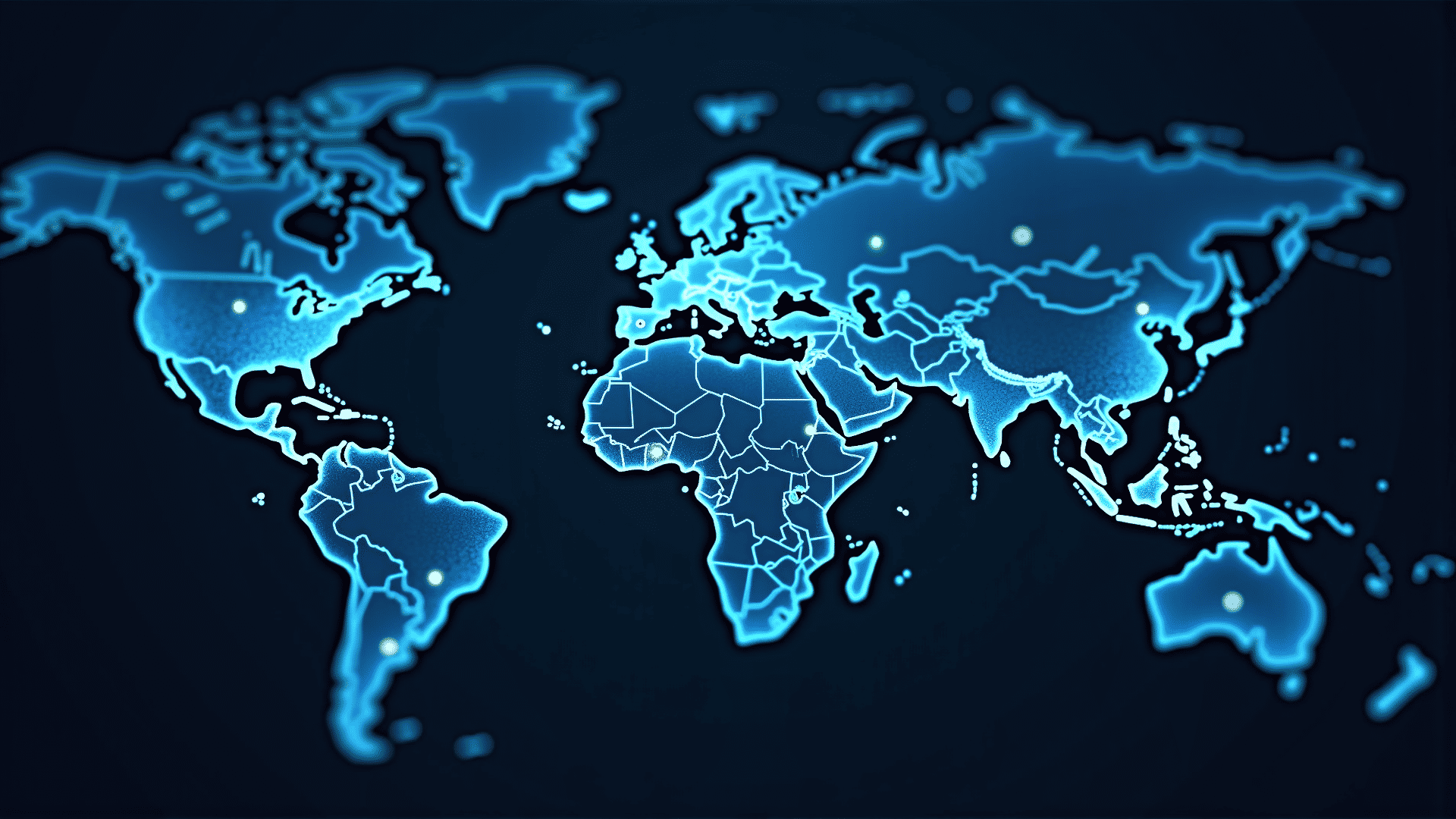In the ever-evolving landscape of digital technology, decentralized networks are gaining significant attention for their ability to connect people and resources without the limitations imposed by geographical boundaries. These networks, characterized by their distributed nature, are transforming how individuals and organizations collaborate and share information globally.
At the core of decentralized networks is the principle of removing central points of control, which traditionally hinder data flow and decision-making processes. Instead, these networks rely on a diverse array of nodes that work collaboratively to ensure data is shared equitably and securely. Each node within the network holds equal power, and decisions are made collectively rather than centrally. This not only fosters greater inclusivity but also enhances resilience against failures or attacks.
One of the most prominent benefits of these networks is their ability to facilitate global collaboration. In an interconnected world, where talent and expertise are spread across continents, decentralized networks enable professionals and enthusiasts in disparate locations to work together seamlessly. Through these networks, scientists can share research findings in real-time, developers can co-create innovative software, and creative artists can collaborate on multimedia projects, all without the constraints of physical distance.
Moreover, decentralized networks are pivotal in promoting data sharing. The traditional barriers often associated with data exchanges, such as regulatory differences or infrastructure disparities, are significantly reduced. By adopting standards and protocols agreed upon by the nodes themselves, these networks offer a more fluid and adaptable framework for data interoperability. This ensures that information can be accessed and utilized by anyone with access to the network, thereby promoting transparency and inclusiveness.
Decentralization also introduces a higher degree of security and privacy. In contrast to centralized systems, where data is stored in a single repository vulnerable to breaches, decentralized networks distribute data across multiple nodes, making unauthorized access immensely challenging. Additionally, the use of advanced cryptographic techniques ensures that data remains confidential and is only accessible to those with proper authorization.
The environmental impact of computing infrastructure is another area where decentralized networks offer significant improvements. Traditional centralized networks often require enormous data centers with high energy demands. Decentralized systems, by contrast, utilize existing resources distributed across various nodes, potentially lowering energy consumption and minimizing ecological footprints.
As these networks continue to evolve, their applications span numerous sectors, including healthcare, education, and governance. In healthcare, for instance, decentralized networks can facilitate the secure exchange of patient records between international medical professionals, enhancing the quality of care. In education, they can connect learners and educators worldwide, providing access to diverse knowledge bases and learning materials. In governance, they empower citizens by allowing for transparent and participatory decision-making processes.
In conclusion, decentralized networks are reshaping how we collaborate and share data on a global scale. By transcending geographical boundaries, they encourage inclusivity, enhance security, reduce environmental impact, and promote equitable access to resources. As we continue to embrace this paradigm, the potential for innovation and societal progress is limitless.
